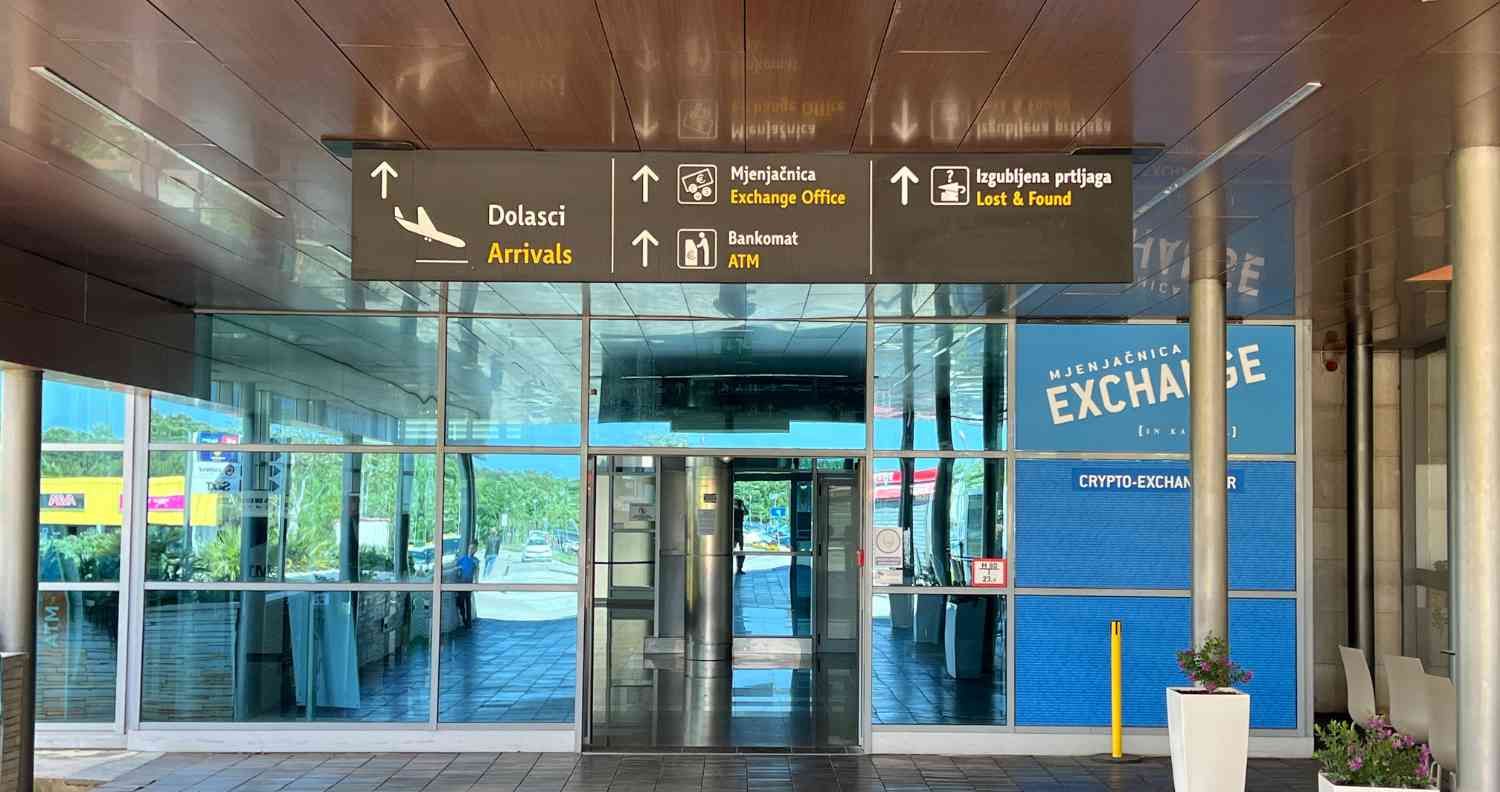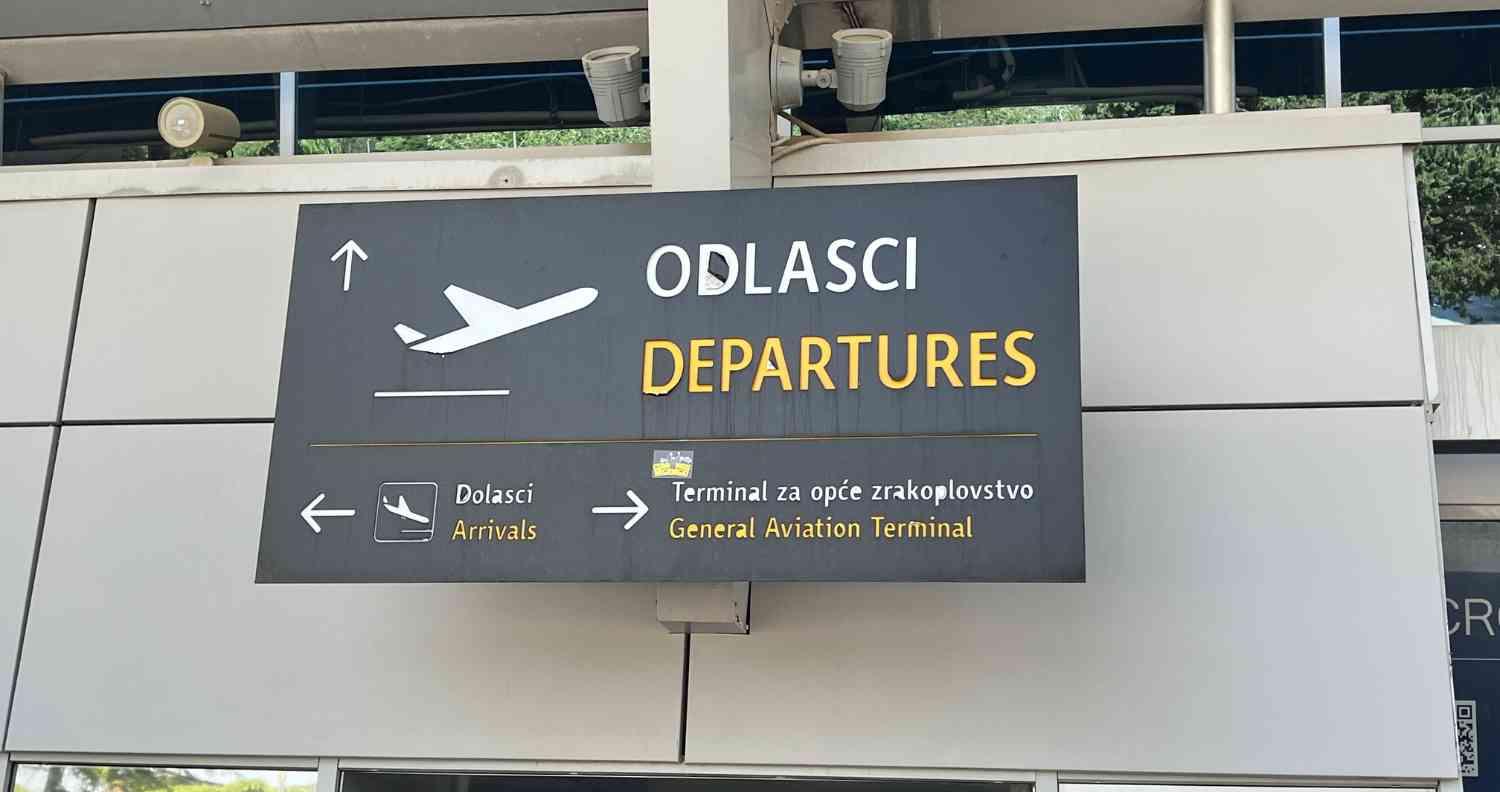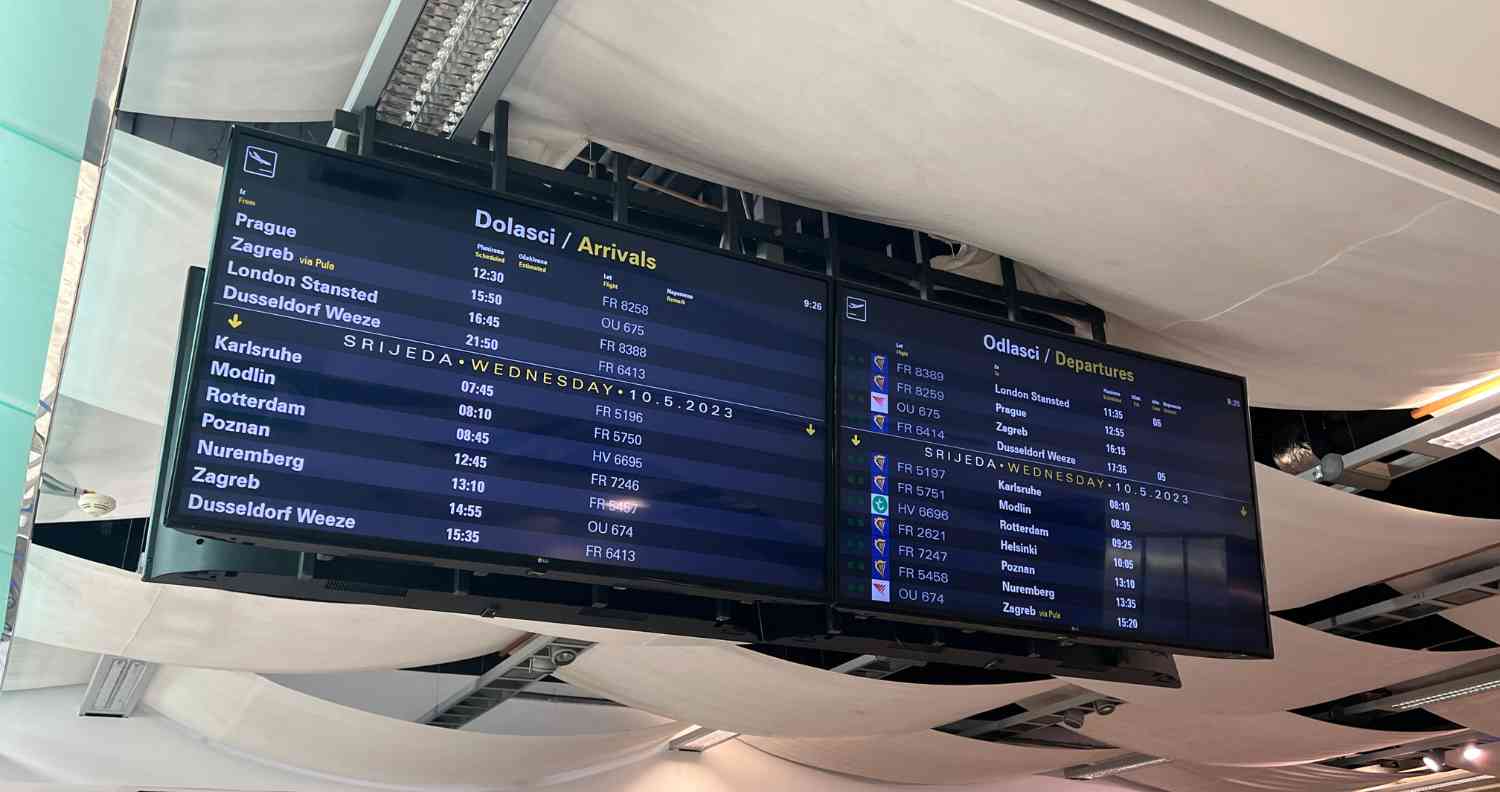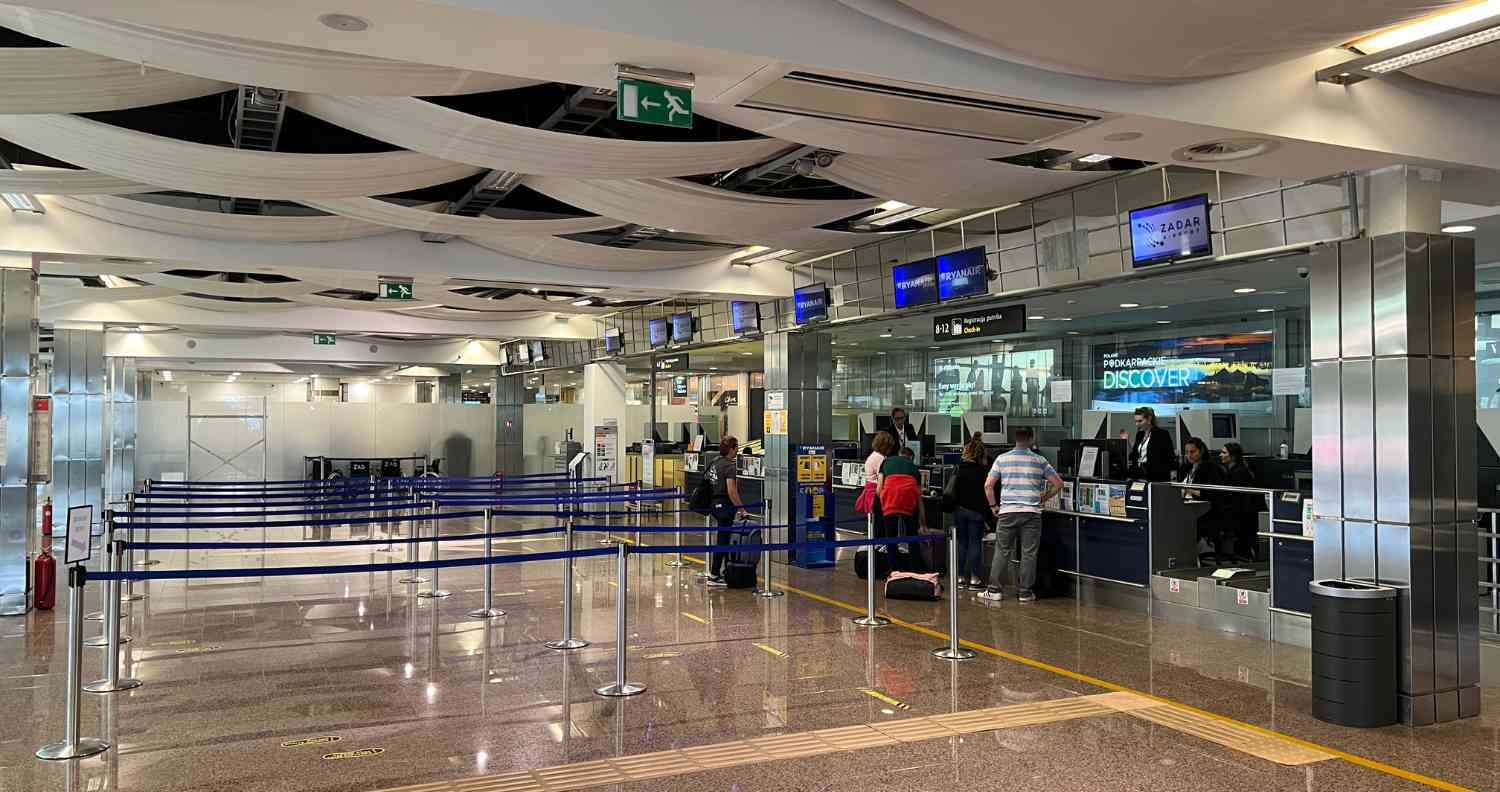Croatia, a breathtaking destination with a rich history and stunning landscapes, attracts travelers, tourists, and workers from around the globe. Before embarking on your adventure, it's crucial to understand the visa requirements for Croatia.
As a member of the European Union since July 2013 and the Schengen Zone as of 1st January 2023, Croatia's visa requirements align with the rest of the union.
Plus, if you are from the United Kingdom always keep an eye on what is happening, that thing called Brexit has changed things for UK visitors and there may have further Visa implications down the line. Just be aware.
In the below travel guide, we have broken down all the essential how to get a visa for Croatia VISA requirements. Just take your time, read it slowly, and if you have any further questions make sure you use the links provided.

Read this next: Using Money in Croatia: Croatian Currency, Fees, and ATM Tips
Visa Requirements for Croatia
General visa requirements for Schengen Zone countries: As a Schengen Zone member, Croatia follows the Zone's general visa requirements. Many foreign visitors, including citizens of the UK, EU countries, the US, Canada, Australia, and New Zealand, do not require visas to enter Croatia or the Schengen Zone. These visitors can stay for up to 90 days within a 180-day period. For other countries, consult the Croatian Ministry of Foreign Affairs website or a similar website for another Schengen Area country to determine visa requirements.
Visa-exempt countries: Citizens of certain countries, including the United States, Canada, and the European Union member states, do not require a visa for stays up to 90 days within a 180-day period. A valid passport is required for entry.
Types of Croatian visas: Depending on your purpose of visit, you might need a tourist, business, student, or work visa. Ensure you apply for the correct visa type to avoid complications.
Required documents for visa application: Typical documents include a completed visa application form, passport-size photographs, a valid passport, proof of financial means, travel insurance, and a detailed travel itinerary.
Croatian embassies and consulates: You can apply for a Schengen visa at a Croatian embassy or consulate in your own country, or from the embassy of another Schengen Area country. If you're planning on traveling around the Schengen Zone, apply for a Schengen visa from the country where you'll spend the longest stay.
Check the Ministry of Foreign Affairs website for a list of embassies, and consult their resources to determine which embassy to contact if there isn't a Croatian embassy in your home country.

The Application Process
Applying for a Schengen visa: To apply for a Schengen visa, you'll need to submit the required documents, such as a completed visa application form, passport-size photographs, a valid passport, proof of financial means, travel insurance, and a detailed travel itinerary. You may apply at a Croatian embassy or consulate, or at the embassy of another Schengen Area country.
Applying for a visa through a Croatian consulate/embassy: If you're unable to apply online or if you're from a country with specific requirements, you must apply in person at a Croatian consulate or embassy. Schedule an appointment and submit your documents and visa fee in person.
Visa processing time and fees: Processing times vary depending on the visa type and the applicant's nationality. Expect it to take anywhere from 2-15 working days. Visa fees also differ based on visa type and duration.
ETIAS: Upcoming Visa Waiver Scheme
Introduction of ETIAS in 2024: Starting in 2024, the European Travel Information and Authorization System (ETIAS) will be implemented as a new visa waiver scheme. Travelers who don't require a visa to enter Croatia or the Schengen Zone will need to obtain an ETIAS before traveling.
Who needs ETIAS and how to obtain it: ETIAS will be required for citizens of countries that are currently visa-exempt, such as the US, Canada, Australia, and New Zealand. The application process is expected to be simple and entirely online, with a fee of €7. Each approval will last for three years.
Length of Stay in Croatia
90-day rule for non-EU visitors: Non-EU visitors can stay in Croatia and the Schengen Zone for up to 90 days within a 180-day period. This rule applies regardless of whether the stay is continuous or split across multiple visits.
Short-stay visa calculator: The European Commission provides a short-stay visa calculator to help you calculate the length of your stay in the Schengen Zone. Use this tool to ensure you don't exceed the 90-day limit.

Read this next: How To Travel Croatia On A Budget: Affordable Travel Tips
Croatia's Schengen Zone Membership
Validity of Croatian visas issued before 31st December 2022: If you have a valid Croatian visa issued before this date, you can still use it to visit Croatia. However, you cannot use it to visit other countries in the Schengen Zone.
Border controls and ID card entry for EU citizens: Citizens of EU countries can enter Croatia using their national identity cards (if available) instead of a passport. Otherwise, a passport is required.
Visa Requirements for Croatia After Brexit
British citizens and Croatian visas: British citizens do not need a visa to visit Croatia. However, the ETIAS visa waiver scheme will be introduced in 2024, and British travelers will need to obtain this waiver prior to travel to Croatia and the EU.
ETIAS requirements for British travelers: The ETIAS application process will be available online and is expected to cost €7. Each approval will last for three years. UK visitors are allowed to spend a maximum of 90 days in any 180-day period in Croatia.
Working in Croatia
Long-term and work visas: As a travel-focused guide, we don't extensively cover long-term and work visas for Croatia. However, you can find information on long-term visas on the Ministry of Foreign Affairs website under "Stay of Foreigners" and the Ministry of the Interior website under "Stay & Work."
Resources for information on working in Croatia: If you are a British citizen, the following Foreign Office resources may be helpful: "Travel to Croatia for Work." For citizens of other countries, consult your country's embassy or consulate in Croatia for information on work visas and employment regulations.

Read this next: Real Estate Croatia: A Buyers Guide
Tips for a Smooth Visa Application
Ensuring document accuracy and completeness: Double-check all documents for accuracy and completeness before submitting your visa application. Inaccurate or incomplete documents can result in delays or visa denials.
Following application guidelines: Carefully follow the guidelines provided by the Croatian embassy, consulate, or visa center when applying for a visa. Make sure to submit all required documents in the proper format and provide any additional information requested.
Preparing for a possible interview: Some visa applications may require an interview at the embassy or consulate. Be prepared to answer questions about your travel plans, financial means, and ties to your home country. Dress professionally and arrive on time for your interview.
Visa Requirements For Croatia: Summary
Understanding and complying with the visa requirements for Croatia are essential steps for a hassle-free travel experience. By following the Croatian travel guidelines provided in this comprehensive guide, you can ensure a smooth application process and enjoy your visit to the beautiful country of Croatia.
Just remember, please take your time when researching and actioning these visa requirements. Safe travels!
